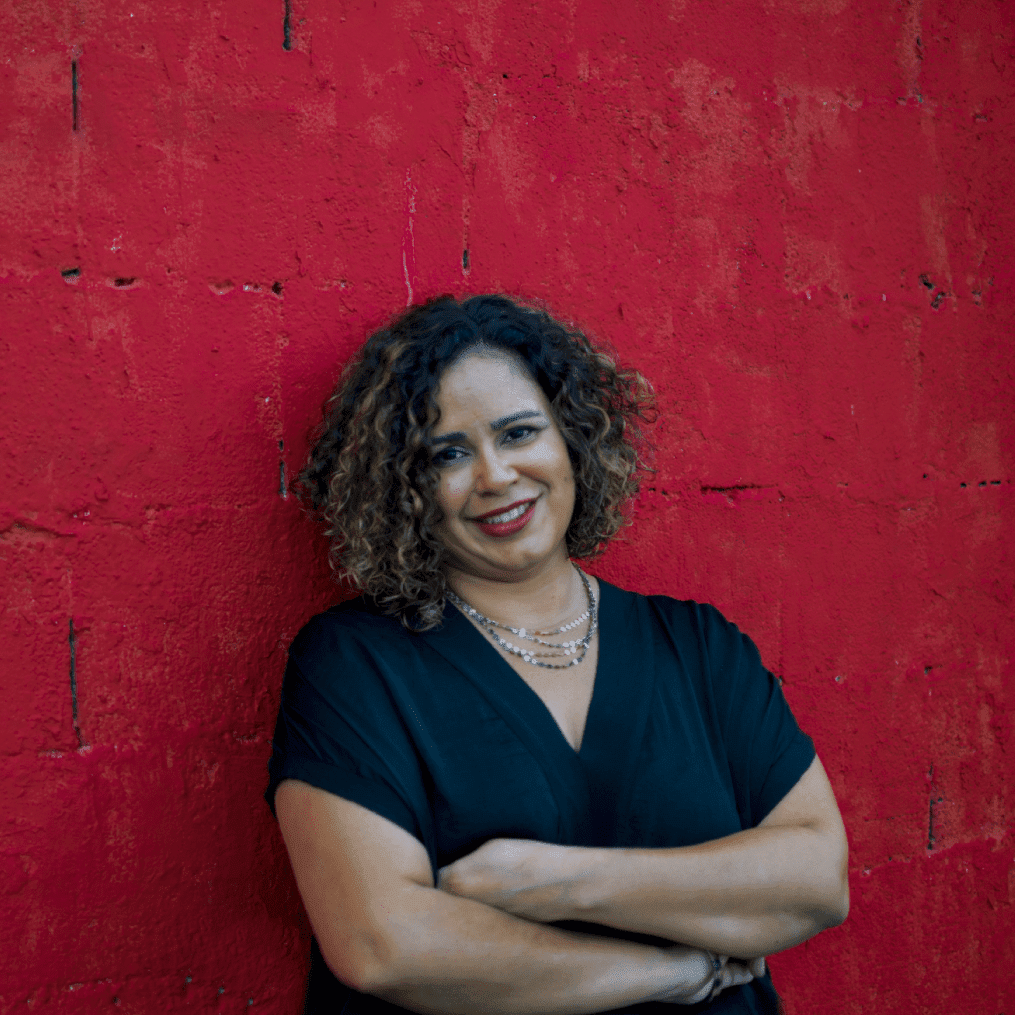
Queenie Sukhadia
The Andrew W. Mellon Seminar on Public Engagement and Collaborative Research is an initiative hosted by the Center for the Humanities that allows creative practitioners, activists and scholars to cohere and work together to undertake research, teaching and other public humanities projects driven by social justice goals.
As I have mentioned in previous essays, I have always been eager to speak with other public humanists (whether or not they explicitly identify as such) about the public humanities in general, and also more specifically about the spectrum of work that is practiced under this rubric. This seminar offered the perfect setting to virtually gather with these practitioners and speak to them about how they understand the work of the public humanities. They share with us, in this interview, their particular understandings of the public humanities, their framings of the publics they are responsible to, what they see the role of a public university being in facilitating this work and how one can reach the ‘public’ through one’s work.
Each week over the next few months, we will be posting a new interview with a member of the Mellon Seminar cohort.
QS: Can you describe your project briefly? Who are your publics? How would you characterize the relationship your project cultivates with these publics? Why did you decide to make your work public-facing?
Yarimar Bonilla: My project, The Puerto Rico Syllabus, is a hashtag/public syllabus project focused on issues related to Puerto Rico’s debt crisis. Its goal is to aid those seeking to educate themselves, or their communities, regarding Puerto Rico’s debt, colonial history, and recent disasters.
QS: If you had to select one word to articulate the work/responsibilities of the public humanities, what would it be?
YB: Relevance.
QS: What does a ‘public university’ mean to you? What are its responsibilities?
YB: To me, a public university is a university without walls (including paywalls). It is a community of learning that spans beyond the classroom, seeking to both decipher and contribute to the world around it.
QS: What kinds of institutional supports are needed to facilitate the university’s engagement with the public?
YB: Perhaps most important is to value public scholarship as scholarship. Often times work done outside of the traditional spheres of academic journals, presses, or venues, is imagined as something other than scholarship: be it advocacy, service, or some kind of side hobby. Institutionally, it is important to recognize these projects as central to our work as scholars, and that means making it part of considerations for promotion and tenure.
QS: How do we incentivize publics to engage with the work we do in the university? How do we generate public interest in our work? Is this a worthy goal?
YB: I suppose the first step would be to not imagine the public as a separate entity who we have to bring towards a work, but more as a community, which we are a part of and in permanent dialogue with.